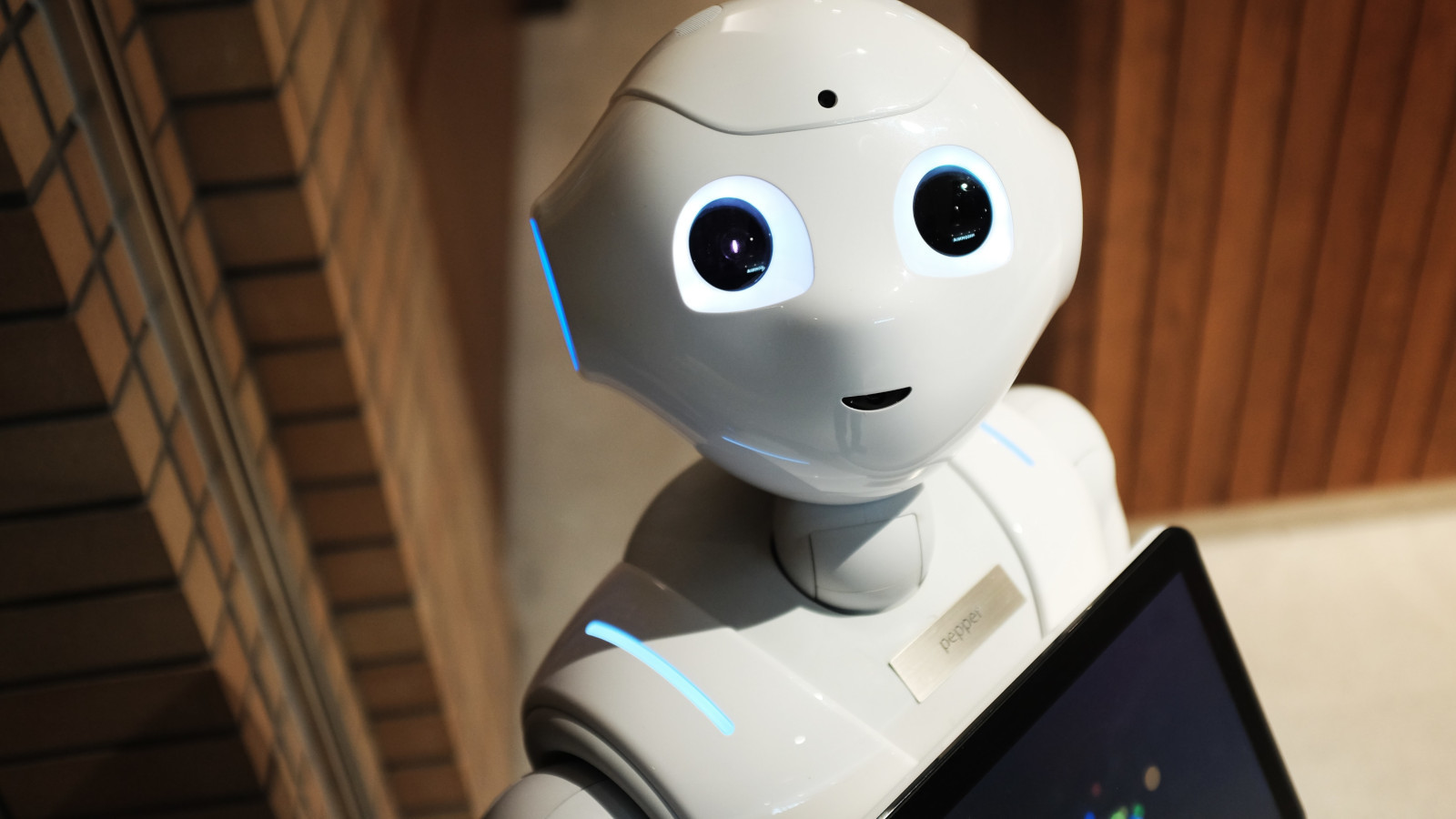
Bringing artificial intelligence (AI) into a health care setting doesn't mean replacing the people, the founder of a chatbot-producing company told The Washington Post last week.
There is a definite misconception among the public about what AI in the doctor's office will mean for humans, Buoy Health CEO and cofounder Andrew Le said.
"When someone thinks about an AI chatbot, I think the first thing people leap to is, we are trying to replace a doctor," Le told The Washington Post. “What we are really trying to do is replace the act of searching for symptoms, being scared and feeling not sure what to do.”
Buoy Health is an AI-powered digital health company founded by Le and a team of Harvard Innovation Labs doctors and data scientists in 2014 with an eye toward providing an all-in-one platform for health care companies. Among other things, Buoy Health produces a health care AI chatbot.
Le and Buoy Heath are among many developers that aren't aiming to remove people and replacing them with robots in health care settings. Retailers have been using AI chatbot technology for years, according to a different Washington Post article. These include automated assistants that help make appointments or decide on the best lipstick shade on Sephora.com, as well as smart assistants in people's homes in the form of Amazon Alexa and Google Assistant.
Tech giants such as Microsoft, Amazon and Google "have been aggressively pursuing avenues into the world of health care technology," an idea that comes "just as health care systems are opening up to the idea of embracing more tech tools."
However, concerns and sensitivity to how patient data -- and patient health -- should be handled has meant the health care industry has not been as quick as other areas of the economy to adopt the technology, including AI chatbots.
The conversational chatbot "Scout," created by health tech company Gyant, currently operates in Intermountain Healthcare in Utah to inform patients about what they should do in various situations. Options Scout will suggest include getting rest, setting up an appointment with a doctor or even going to a hospital emergency room or an urgent care if needed.
Scout and other AI chatbots became popular during the COVID-19 pandemic, as health care systems became overwhelmed by coronavirus-related questions and treatment options.
Companies using chatbots say they won't diagnose patients -- just "point them in the right direction" -- and research has found that patients like chatbots and find them easy to use.